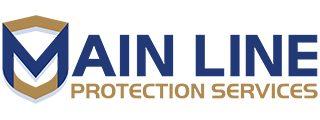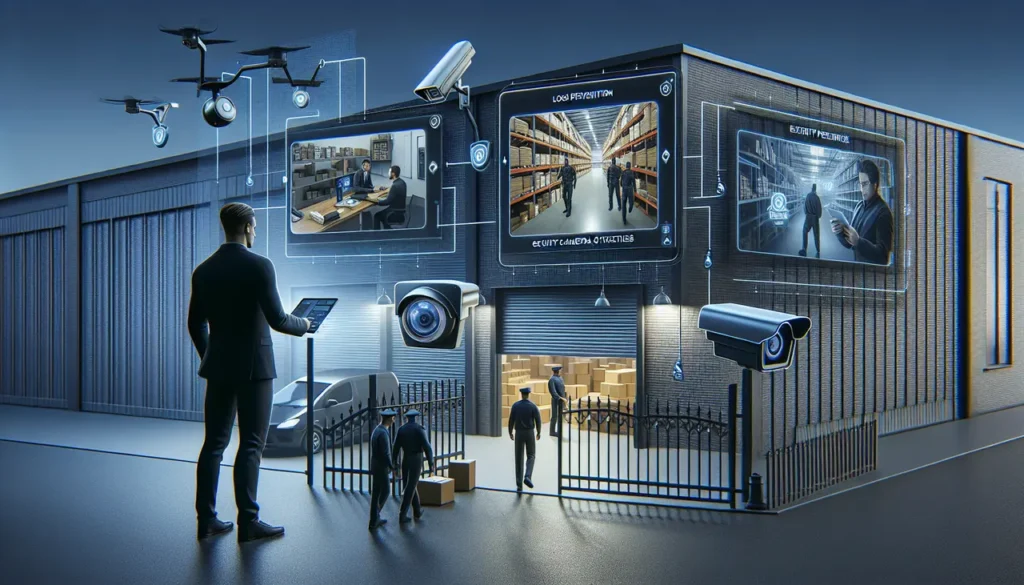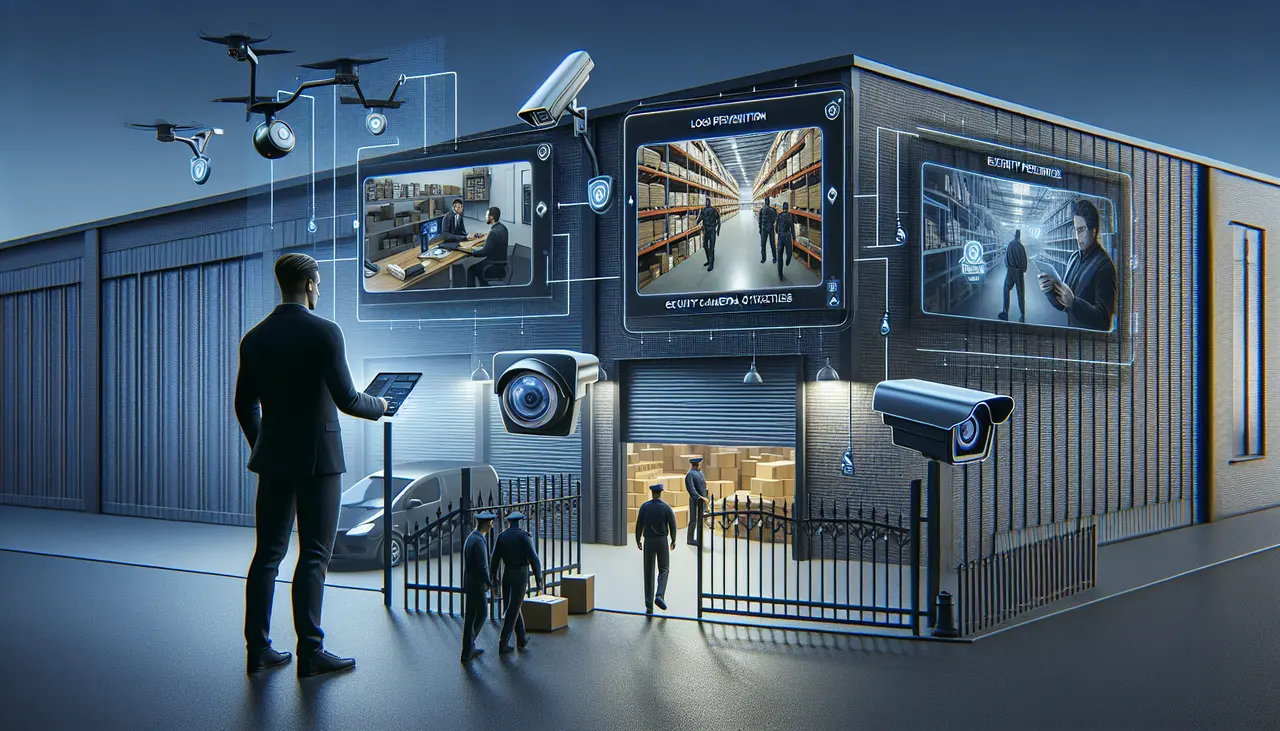Introduction to Loss Prevention: Why It Matters for Philadelphia Businesses
Running a business in Philadelphia? Then you know how crucial it is to keep losses to a minimum. Loss prevention? It’s not just about stopping theft; it’s about protecting your profit margin from any damage. Think about it. Every dollar stolen or wasted is a dollar that’s not contributing to your growth. For Philly businesses, large or small, loss prevention starts with understanding the risks. We’re talking about theft, sure, but also fraud, errors, and even waste. These can bleed your business dry without you even realizing it. So, why focus on loss prevention? Simple. It’s about safeguarding your assets, boosting your profits, and ensuring your business stays competitive. The bottom line? Loss prevention isn’t just an option; it’s a necessity for survival and success in the City of Brotherly Love.
Identifying Common Threats to Your Business’s Assets
Every Philadelphia business faces its own set of risks but there are common threats that you should keep an eye on. Theft tops the list. It can happen right under your nose, carried out by customers or even your own employees. Then there’s fraud, often sophisticated and harder to detect, involving manipulation of accounts or stealing sensitive information. Vandalism might seem less obvious but can cause significant damage and loss, affecting your property’s value and operation. Don’t overlook the digital realm – cyber-attacks are increasingly common, aiming to breach your online security and access crucial data. Be alert, know these threats. Protecting your business starts with recognizing what you’re up against.
Strategies for Effective Employee Training on Loss Prevention
When it comes to stopping theft and loss in your Philadelphia business, training your employees is key. Think of it as building a strong defense where every team member knows how to play their part. Here’s how to do it right. First, make sure everyone understands what loss prevention is. It’s not just about stopping theft; it’s about keeping your business healthy and profitable. Start with a simple explanation and examples of loss, both from customers and employees. Next, role-playing can be a game changer. Put your team in real-life situations where they have to spot and handle theft. This hands-on approach helps them learn fast and remember better. Also, teach your staff to stay aware. Keep an eye on potential theft but also on things like properly scanning items or handling money correctly. Mistakes here can add up. Remember, your team’s attitude can deter theft. Employees who greet and offer help to everyone make it harder for thieves to act. Finally, make learning about loss prevention a regular thing. The world changes, and so do ways people might try to steal from you. Keep your team updated with the latest info and strategies. Implementing these strategies means you’re not just telling your staff what to do. You’re empowering them to protect and grow your business.
Technological Solutions for Enhanced Security
In today’s world, technology stands as the backbone of effective loss prevention strategies for Philadelphia businesses. Investing in the right tech can dramatically lower the chances of theft and unauthorized access. First off, consider surveillance cameras. They’re not just for catching shoplifters. With high-definition and real-time monitoring, you can keep an eye on every nook and cranny of your business, deterring potential thieves. Next up, alarm systems. They’ve come a long way. Modern systems don’t just make noise; they instantly notify you and the authorities, ensuring a rapid response. And let’s not overlook digital access controls. These systems replace traditional keys with digital codes or biometric fingerprints. That means you have total control over who can enter your premises, and you can easily track entries and exits. Implement these tech solutions, and you’re setting up a strong shield against loss.
Organizing Physical Space for Optimal Surveillance
To prevent losses, how you organize your business space plays a pivotal role. Think simple and effective. The goal here is to create an environment where it’s tough for theft or unauthorized activities to go unnoticed. Begin with the placement of high-value items. These shouldn’t be right at the entrance but also not hidden away. Position them in well-lit areas, ideally near the cashier or another spot with constant employee presence. This way, anyone with sticky fingers thinks twice. Next, consider the layout of your store. Pathways should be clear, not cluttered, making it easy for employees to see across the area and for cameras to capture a clear view. Shelves shouldn’t be too high – maintaining visibility is key. Speaking of cameras, angle them to cover maximum space with minimal blind spots. Signage about surveillance can act as a deterrent too. Remember, your physical space layout isn’t just about aesthetics; it’s a crucial tool in your loss prevention arsenal. Keep it tidy, visible, and straightforward.
Implementing Strict Inventory Management Protocols
For Philadelphia businesses, tight inventory management is key to loss prevention. You gotta know what you have, where it is, and how much of it’s moving. First up, use a good inventory management system. This tech tracks your stock in real-time, slashing the chances of items going MIA. Regular audits are next. Physically count your inventory often to catch any discrepancies early. Also, train your staff well. They should know how to handle stock properly and spot any fishy stuff. Clear procedures for receiving, storing, and shipping items are a must too. This prevents items from disappearing into thin air. Lastly, consider high-tech options like RFID tags for real-time tracking. Tighten up these areas, and you’re setting your Philly business up to fight loss head-on.
The Role of Access Control in Loss Prevention
Access control is a hero in the world of loss prevention. Picture this; it’s like having a digital gatekeeper for your business, deciding who gets in and out. In Philadelphia, where businesses face various security challenges, this is not just fancy technology—it’s a necessity. Access control systems work by granting or denying access to employees and visitors based on predetermined permissions. So, why is it so crucial for loss prevention? It’s simple. By managing who enters your business, you’re directly reducing the risk of theft, unauthorized access, and potential data breaches. Imagine fewer strangers wandering around places they shouldn’t be, less opportunity for internal theft, and better protection for sensitive information. That’s the power of access control in action. Plus, it’s not just about keeping the bad out; it’s also about letting the right people in efficiently and smoothly. From keycards to biometrics, the technology today is more sophisticated than ever, making it an indispensable tool for businesses across Philadelphia aiming to safeguard their assets. So, think of access control as your business’s first line of defense in the fight against loss. It’s an investment in peace of mind and the security of your bottom line.
Developing a Culture of Accountability Among Staff
To tackle loss in any Philadelphia business, start by crafting a culture where every team member owns their part. Think of it as a team sport; everyone needs to play their position well, or the game is lost. First off, set clear expectations. Let everyone know what’s on their plate and why it matters. Next, praise the wins. Caught someone doing something right? Shout it from the rooftops. Positive reinforcement goes a long way. But, when things go south, don’t play the blame game. Instead, focus on what can be learned and how to move forward. Finally, keep the communication lines open. Regularly check in with your team, not just when there’s a problem. This way, everyone feels part of the mission, driving down loss as a united front. Remember, accountability isn’t about pointing fingers; it’s about everyone stepping up, recognizing their impact, and striving to do better, together.
Legal Considerations for Loss Prevention in Philadelphia
When you’re setting up loss prevention in Philly, remember, legal lines matter. First off, you can’t just do whatever you fancy to stop theft. There’s a line. Cross it and you’ll be the one in hot water, not the shoplifter. Pennsylvania laws? They’ve got specifics about how you can and can’t handle theft. Surveillance cameras? Sure, they’re a go. But be careful where you place them. Private places like restrooms are a big no-no. Next, think about confronting a suspected thief. There’s a fine line between stopping theft and wrongly accusing someone. Pennsylvania law has rules about detainment for suspected theft, usually allowing it under specific circumstances. But, you’re not playing cop. Use too much force or detain someone without proper cause, and you’re looking at potential lawsuits. Lastly, training your team is crucial. They should know how to spot and deal with theft without stepping over any legal boundaries. Bottom line – know the laws, respect privacy, tread carefully when it comes to confrontations, and educate your team. Play it smart and legal in your theft prevention game.
Building a Comprehensive Loss Prevention Plan: A Step-by-Step Guide
Developing a solid loss prevention plan is more straightforward than you might think. Here’s how to do it, from A to Z. First off, start with identifying all potential risks. This includes theft, fraud, and any damages that could hurt your business. Second, evaluate your current security measures. Are your surveillance cameras up to date? Do you perform regular audits? Next, involve your team. Training employees to detect and report suspicious activities is crucial. After that, get tech-savvy. Use technology to your advantage, like inventory management systems that track your stock levels in real-time. Also, build strong policies. A clear return policy or employee handling procedure can significantly reduce losses. Regularly revising and updating your plan is the final and ongoing step. The market changes, so should your strategies. By following these steps, your business in Philadelphia or anywhere else can minimize losses and secure its assets efficiently.


